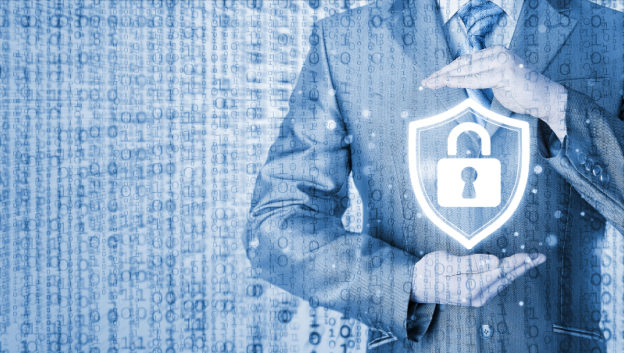In today’s digital age, data is a valuable asset for businesses of all sizes. However, with the increasing reliance on data comes the need for robust security measures to protect sensitive information from cyber threats and unauthorized access. Implementing best practices for data security is essential to safeguard your business’s reputation, customer trust, and financial stability. This article will explore some effective strategies to lock down your data and ensure business security.
Understanding the Importance of Data Security
Data security is crucial for businesses as data breaches can have severe consequences, including financial losses and reputational damage. As the volume of data grows, cybercriminals continuously develop sophisticated methods to breach security systems. To combat these threats, businesses need to adopt a proactive approach to data security.
One fundamental aspect of data security is secure data storage. Data rooms provide a safe and controlled environment for storing and sharing sensitive information. These virtual data repositories offer advanced encryption, user access controls, and activity tracking to ensure data confidentiality.
Best Practices for Business Data Security
Regular Data Backups
Regularly backing up data is a critical practice to mitigate data loss in case of a cyber incident or system failure. Automated backups to secure off-site locations or data rooms can protect essential information from permanent loss.
Data Encryption
Implementing data encryption ensures that even if data is intercepted, it remains unreadable without the encryption key. Encrypting data both during transmission and storage adds an extra layer of security.
Strong Access Controls
Limiting access to sensitive data is vital. Only authorized personnel should have access to specific data, and access privileges should be regularly reviewed and updated.
Employee Training and Awareness
Human error is a common cause of data breaches. Regular training and awareness programs can help employees understand data security risks and best practices.
Securing Data in a Remote Work Environment
With the rise of remote work, securing data beyond traditional office boundaries is critical. Some practices to enhance data security in remote work scenarios include:
Use of Virtual Private Networks (VPNs)
VPNs encrypt internet connections, making data transmission more secure, especially when accessing business resources from outside the office network.
Multi-Factor Authentication (MFA)
Implementing MFA adds an extra layer of security by requiring multiple forms of identification before granting access to sensitive data.
Secure File Sharing Solutions
Using secure file-sharing solutions, such as data rooms, allows remote teams to collaborate while ensuring data protection.
Regular Security Assessments and Updates
Regular security assessments and updates are essential to identify vulnerabilities and apply patches to close potential security gaps.
Conclusion
Locking down your business’s data is critical in today’s digital landscape. By implementing best practices such as regular data backups, encryption, and strong access controls, businesses can significantly reduce the risk of data breaches and protect sensitive information. Data rooms play a crucial role in data security by providing a secure platform for storing and sharing data, making them a valuable asset for modern businesses.

